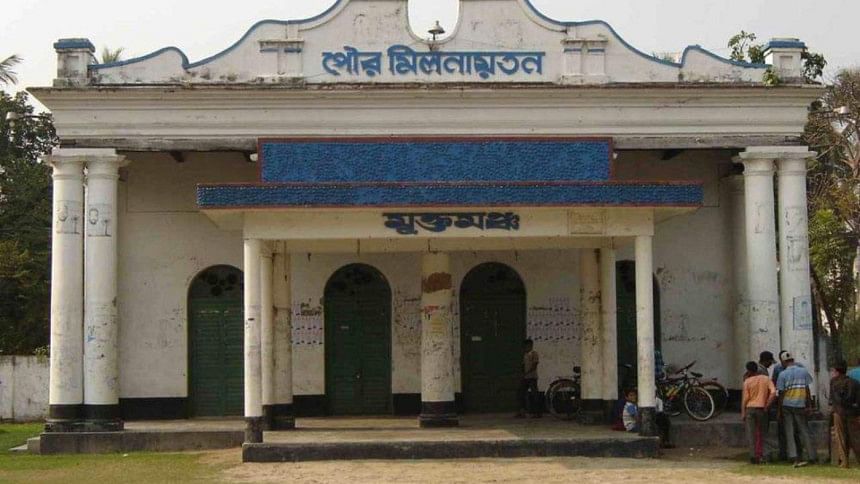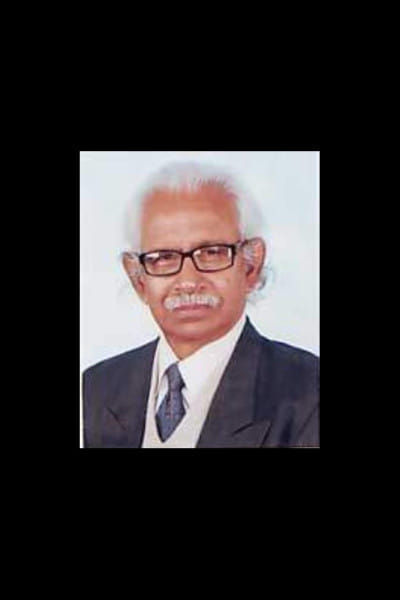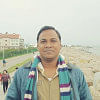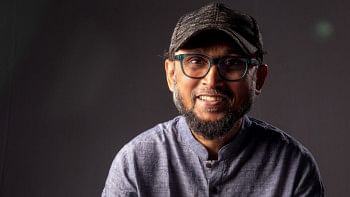A nearly forgotten chapter of Language Movement

It was on February 29 in 1948 when the people of Pabna observed hartal for upholding the dignity of our mother language, four years before the historic Language Movement of February 1952.
"The Language Movement of February 21 in 1952 is the source of our national pride. It is now recognised as the International Mother Language Day. But the seeds of the historic incident were planted in early 1948 when the people of Pabna played a vital role," said Ranesh Maitra, Language Movement veteran of the day.
On February 23 in 1948, Direndranath Dutta, a Bengali member of the then Pakistan parliament, moved for a resolution in the assembly for recognising Bangla as one of the state languages of Pakistan, but then prime minister Liaquat Ali Khan with the support of a large majority of the Muslim League members denounced the proposal.
Protesting the conspiracy against our mother language Bangla, a meeting was held at the residence of Dewan Lutfar Rahman, then secretary of Muslim League's Pabna unit.

At a meeting held at Pabna Town Hall premises chaired by Lutfar Rahman on February 27 in 1948, 'Rashtrabhasha Sangram Parishad, Pabna' was formed.
Headed by Lutfar Rahman, the Sangram Parishad comprised late Aminul Islam Badsha and Mahabubur Rahman Khan as joint convenors.
They called hartal on February 29 in 1948.
This was the first ever hartal called for upholding the dignity of the mother language across the country, according to the Language Movement veterans.
To foil the movement, the district administration imposed Section 144 in Pabna on February 29 but the protesters brought out a procession from Pabna Edward College, chanting slogan 'Rashtrabhasha Bangla Chai, Ta Na Hole Chara Nai'.
Police charged batons and caught 40 people including Aminul Islam Badsha from the procession. The arrestees got bail and were released in the evening.
Later, police arrested Mahabubur Rahman, Aminul Islam Badsha and Lutfor Rahman from their residence at night, said local language veterans.
The role of those who took part in the early stages of language movement in 1948 should be recognised to keep the important part of the history alive among the new generation, Ranesh Maitra said.

 For all latest news, follow The Daily Star's Google News channel.
For all latest news, follow The Daily Star's Google News channel. 



Comments